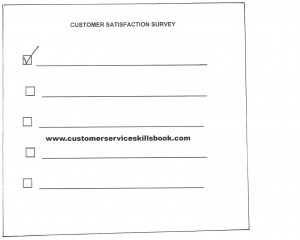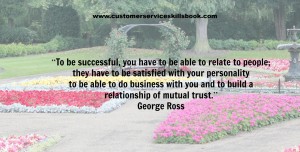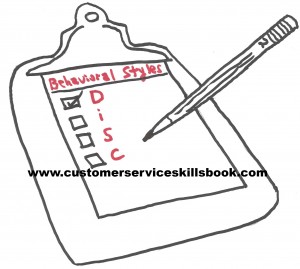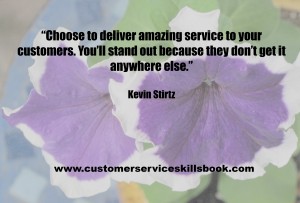Building Successful Customer Loyalty
Customer loyalty is an emotional rather than a rational thing. Each time there is contact at a touchpoint where the customer and service provider come together there is the opportunity for further cementing the customer relationship and loyalty or driving a wedge between the customer and organization due to failure to meet expectations or needs.
With every contact, service providers should strive to demonstrate a commitment to exceed customer expectations and provide an experience that is beyond anything for which they might have hoped. Tied to commitment, loyalty is typically based on customer interest in maintaining a relationship with your organization or brand. Often, customer interest is created and maintained through one or more positive experiences that lead to a relationship.
An important point to keep in mind about customer loyalty is that it does not happen as a result of a single customer-provider encounter. Nor does it happen just because of periodic special promotions, sales or passive loyalty programs that provide only minimal rewards. Rather, true customer loyalty stems from an organization’s concerted, ongoing efforts that are part of their strategic goals to meet and exceed the expectations and needs of their customers.
For more information on customer loyalty and how to create and maintain a solid bond with your customers, get copies of Customer Service Skills for Success and Please Every Customer: Delivering Stellar Customer Service Across Cultures.
About Robert C. Lucas
Bob Lucas has been a trainer, presenter, customer service expert, and adult educator for over four decades. He has written hundreds of articles on training, writing, self-publishing, and workplace learning skills and issues. He is also an award-winning author who has written thirty-seven books on topics such as, writing, relationships, customer service, brain-based learning, and creative training strategies, interpersonal communication, diversity, and supervisory skills. Additionally, he has contributed articles, chapters, and activities to eighteen compilation books. Bob retired from the U.S. Marine Corps in 1991 after twenty-two years of active and reserve service.
Make Money Writing Books: Proven Profit Making Strategies for Authors by Robert W. Lucas at Amazon.com.
The key to successfully making money as an author and/or self-publisher is to brand yourself and your company and to make yourself and your book(s) a household name. Part of this is face-to-face interaction with people at trade shows, library events, book readings, book store signings, blogging or guest blogging on a topic related to their book(s). Another strategy involves writing articles and other materials that show up online and are found when people search for a given topic related to a topic about which the author has written.
If you need help building an author platform, branding yourself and your book(s) or generating recognition for what you do, Make Money Writing Books will help. Bob’s popular book addresses a multitude of ideas and strategies that you can use to help sell more books and create residual and passive income streams. The tips outlined in the book are focused to help authors but apply to virtually any professional trying to increase personal and product recognition and visibility.









